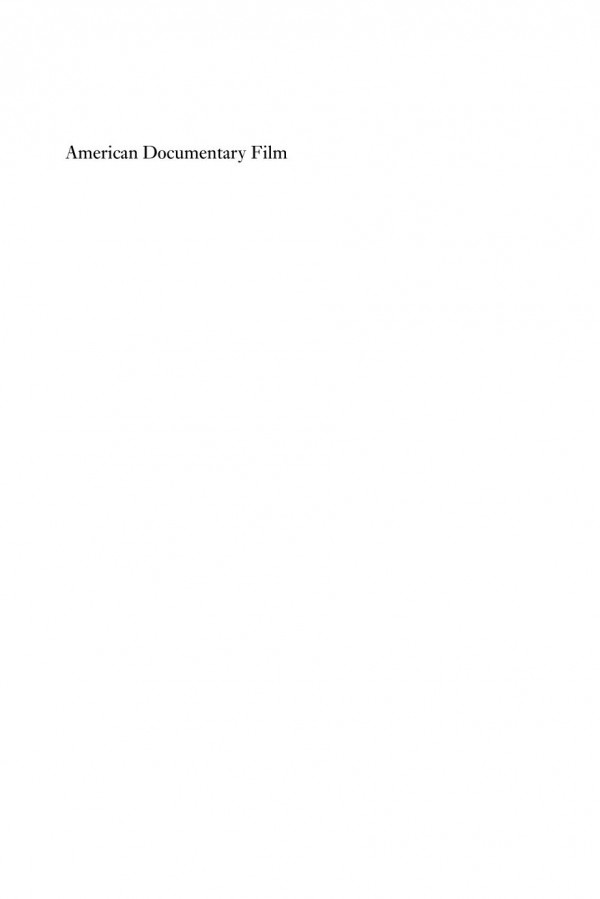

Most ebook files are in PDF format, so you can easily read them using various software such as Foxit Reader or directly on the Google Chrome browser.
Some ebook files are released by publishers in other formats such as .awz, .mobi, .epub, .fb2, etc. You may need to install specific software to read these formats on mobile/PC, such as Calibre.
Please read the tutorial at this link: https://ebookbell.com/faq
We offer FREE conversion to the popular formats you request; however, this may take some time. Therefore, right after payment, please email us, and we will try to provide the service as quickly as possible.
For some exceptional file formats or broken links (if any), please refrain from opening any disputes. Instead, email us first, and we will try to assist within a maximum of 6 hours.
EbookBell Team

0.0
0 reviewsRichard Wall Memorial Award 2012 - Finalist
Visit the Theatre Library Association pages here.
What key concerns are reflected in documentaries produced in and about the United States? How have documentaries engaged with competing visions of US history, culture, politics, and national identity?
This book examines how documentary films have contributed to the American public sphere - creating a kind of public space, serving as sites for community-building, public expression, and social innovation. Geiger focuses on how documentaries have been significant in forming ideas of the nation, both as an imagined space and a real place.
Moving from the dawn of cinema to the present day, this is the first full-length study to focus on the extensive range and history of American non-fiction filmmaking. Combining comprehensive overviews with in-depth case studies, Geiger maps American documentary's intricate histories, examining the impact of pre- and early cinema, travelogues, the avant-garde, 1930s social documentary, propaganda, direct cinema, postmodernism, and 'new' documentary. Offering detailed close analyses and fresh insights, this book provides students and scholars with a stimulating guide to American documentary, reminding us of its important place in cinema history.
Key Features
Praise for the Book
"Beautifully combining research with his own thoughts on the subject, Geiger has written a book that should be used in all undergraduate documentary classes, and could be used by more advanced students as well. Simply put, this is one of the definitive texts on the subject, not out of place among the likes of John Grierson, Erik Barnouw, and Bill Nichols." - Scope, Douglas C. MacLeod Jr.